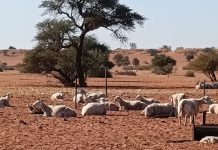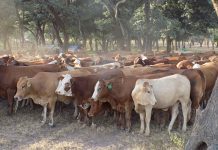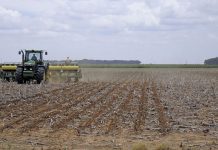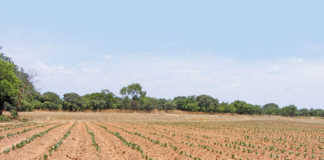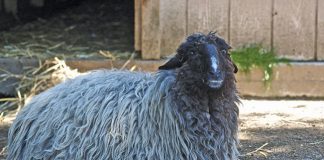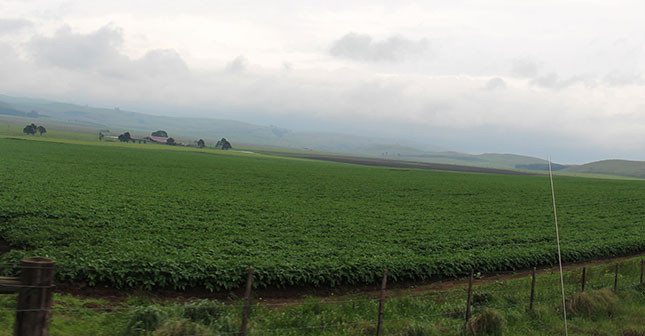
At the Congress, deputy prime minister Thokosani Khupe endorsed a compensation and recovery proposal the CFU publicised earlier this year, but said little would be achieved under current governance. She asked for patience until after the next election, “when a new government can get down to proper democratic business”.
Charles Taffs, who along with fellow vice-president Louis Fick and CFU president Deon Theron was unanimously reinstated, said the congress aimed to find a solution for Zimbabwean agriculture across all sectors. “It’s been 10 years, many members are desperate. The country is paralysed. We must turn this thing around,” he said.
“That’s why our aim has been to unify our members behind a single drive, trying to re-establish the value chain with regard to land, so that everyone, whether they want compensation for their land or whether they want to continue farming, can do so.”
Taffs said farmer intimidation had recently quietened down thanks to pressure from the German government to get the Zimbabwe government to recognise Bilateral Investment Promotion and Protection Agreements (BIPPA).
“We feel South Africa’s government is active behind the scenes, but we’re still not going to be productive this year as there’s no surety in what we do,” noted Taffs.
“Where is the money going to come from? The available funding is only short-term, and it’s expensive, neither of which is conducive to a productive base. In 2000 our sector borrowed US$1,83 billion (around R13,31 billion). This year we’ll borrow US$200 million to US$250 million (R1,46 billion to R1,82 billion). We’re heading for another big smash.”

